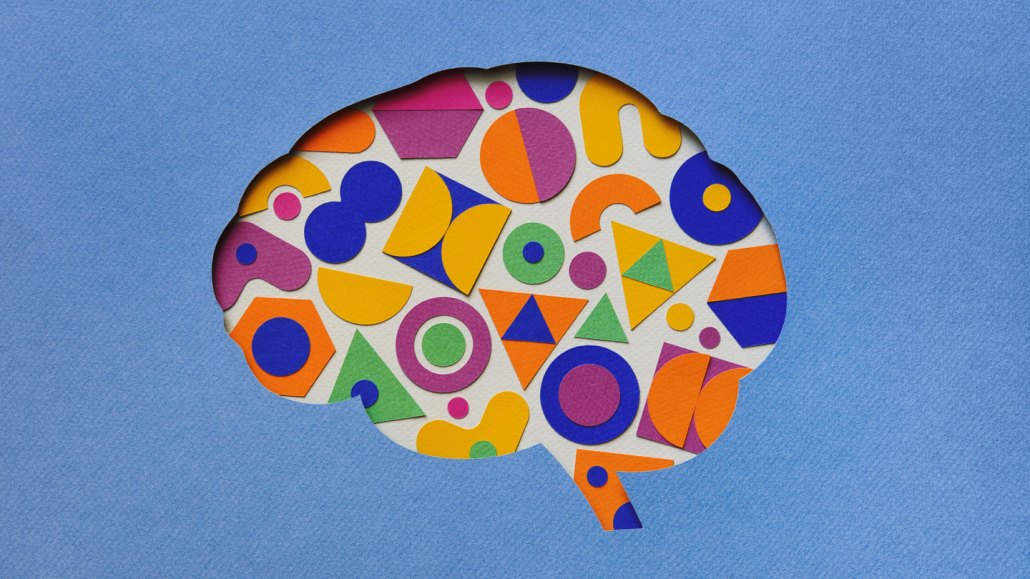amygdala: An area deep within the brain and near the temporal lobe. Among other things, the amygdala plays a role in emotions. The term comes from the Greek word for an almond, which this region resembles in shape.
biology: The study of living things. The scientists who study them are known as biologists.
cognition: The mental processes of thought, remembering, learning information and interpreting those data that the senses send to the brain.
cognitive: A term that relates to mental activities, such as thinking, learning, remembering and solving puzzles.
diet: (n.) The foods and liquids ingested by an animal to provide the nutrition it needs to grow and maintain health. Sometimes this is a specific food-intake plan. (v.) To adopt a specific food-intake plan. People may adopt one for religious or ethical reasons, to address food allergies or to control a disease such as high blood pressure or diabetes. They may also adopt one in an effort to lose weight, though this can an unhealthy thing if not done under the guidance of a health professional, such as a physician or registered dietician.
environment: The sum of all of the things that exist around some organism or the process and the condition those things create. Environment may refer to the weather and ecosystem in which some animal lives, or, perhaps, the temperature and humidity (or even the placement of things in the vicinity of an item of interest).
function: (in math) A relationship between two or more variables in which one variable (the dependent one) is exactly determined by the value of the other variables.
hippocampus: (pl. hippocampi) A seahorse-shaped region of the brain. It is thought to be the center of emotion, memory and the involuntary nervous system.
impair: (n. impairment) To damage or weaken in some way.
range: The full extent or distribution of something. For instance, a plant or animal’s range is the area over which it naturally exists. (in math or for measurements) The extent to which values can vary (such as the highest to lowest temperatures). Also, the distance within which something can be reached or perceived.
tissue: Made of cells, it is any of the distinct types of materials that make up animals, plants or fungi. Cells within a tissue work as a unit to perform a particular function in living organisms. Different organs of the human body, for instance, often are made from many different types of tissues.

